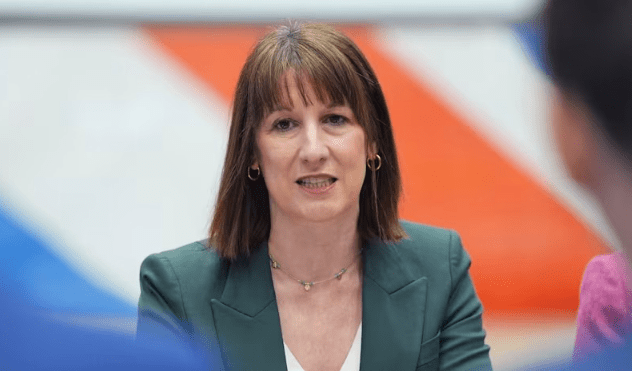Labour aims to reconnect the North with a long-awaited infrastructure boost
Sir Keir Starmer is preparing to revive the long-delayed Northern Powerhouse Rail project this winter, marking a significant commitment to regional transport and UK infrastructure.
The Labour leader is expected to make the announcement alongside Chancellor Rachel Reeves ahead of the party’s annual conference. Transport Secretary Heidi Alexander will also focus heavily on the rail scheme in her speech scheduled for 28 September.
“In the coming weeks, I will set out this government’s plan to take forward our ambitions for Northern Powerhouse Rail,” Reeves said.
While a firm date has yet to be confirmed, a government insider told The Guardian that the announcement is likely to be made before the conference officially begins.

The decision comes at a time when Labour faces criticism over a string of policy U-turns, fuelling unease among voters and backbench MPs. The Treasury is also rumoured to be considering tax increases to address a £40 billion budget shortfall.
Since Starmer’s election as Labour leader in July, northern political and industry leaders have been calling for decisive action, particularly the revival of the Manchester leg of HS2 and a fast-tracked build of the Northern Powerhouse Rail.
If delivered, the Northern Powerhouse Rail could redefine the UK’s transport landscape – stitching together a fractured northern network and unlocking economic growth across major cities. For many, it’s more than a railway, it’s a long-overdue promise.
The proposed railway line is designed to stretch from Liverpool to Hull, with key stops in Leeds, Bradford and Sheffield. It aims to transform east-west connectivity in the North, a region long plagued by underinvestment and patchy infrastructure.
Years of frustration have stemmed from crumbling train services, unreliable buses and congested road links. The lack of a modern, efficient transport network has left many communities isolated and local economies under strain.
The push for Northern Powerhouse Rail gained fresh momentum after former Prime Minister Rishi Sunak scrapped the HS2 extension from the West Midlands to Manchester in 2023. The move, made due to soaring costs and project delays, left northern leaders bitterly disappointed.
The situation was worsened by the Conservative government’s Integrated Rail Plan in 2021, which scaled back the vision by promising new rail construction on just one segment, while offering mere upgrades to the rest. It was widely condemned as a missed opportunity.
Labour’s renewed focus on rail infrastructure comes with significant financial backing. Chancellor Rachel Reeves has outlined several major pledges, signalling a broader commitment to nationwide improvements:
- £3.5 billion for the TransPennine Route Upgrade, improving links between York and Manchester
- £2.5 billion in additional funding for East West Rail, connecting Oxford to Cambridge
- £445 million for Welsh rail infrastructure over the next 10 years
“The government would provide £2.5bn of additional funding to enable the continued delivery of East West Rail,” Reeves confirmed during her recent spending review.
For Labour, the revival of Northern Powerhouse Rail is more than just a transport upgrade, it’s a political statement. By pledging to deliver a project that has long been shelved, Starmer aims to regain the trust of voters in key northern constituencies ahead of the next general election.
With the North calling out for real investment and connection, Labour’s plan could mark the turning point many have been waiting for.
The countdown to the conference is on, and with it, the expectation that Labour will finally put long-promised tracks into motion.






